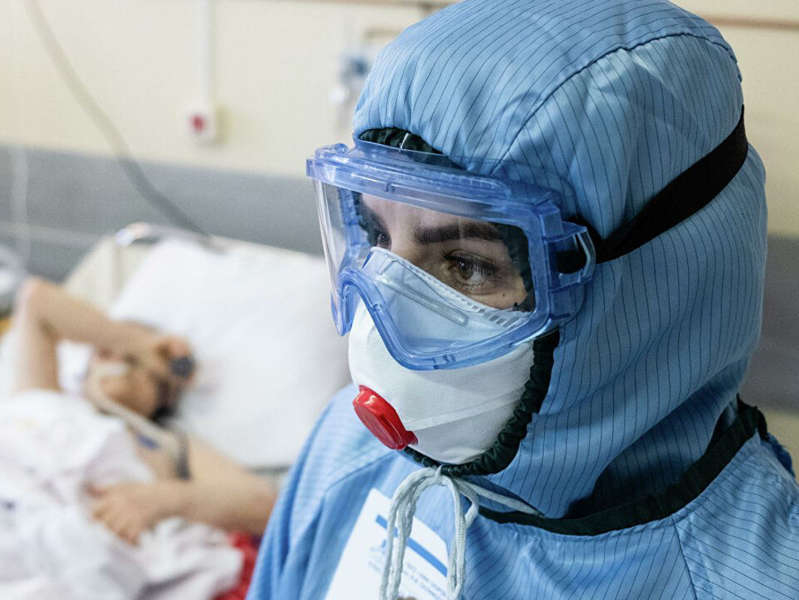
Scientists have found that the severity of the course of coronavirus infection in humans depends on the individual body's response to interferon. This is reported by “Prime” with reference to research published by the journal Cell.
Researchers from Boston Children's Hospital, together with specialists from the Massachusetts Institute of Technology and colleagues from the University of Mississippi Medical Center, discovered a new dependence in the course of COVID-19 infection.
After examining samples of nasopharyngeal swabs from 35 patients, they found serious changes in epithelial cells in the nose and throat of patients with coronavirus infection. It turned out that in people with a disease that occurs in the form of mild to moderate severity, the epithelial cell genes responsible for the antiviral response acted more actively. This is especially true for those of them that are stimulated by type I interferon.
And in those patients who are difficult to tolerate coronavirus, the reaction of epithelial cells to the effect of interferon was blunted. In the smears of this group of patients, an excess of the level of macrophages and a number of other immune cells responsible for the increased inflammatory response of the body was observed.
According to the study participants, the weak reaction of cells to interferon, which regulates the activity of the immune system, increases the body's susceptibility to coronaviruses and other infections.
The next stage of the scientific work of the team of American scientists will be the search for the reasons for the weak reaction of cells to interferon and the answer to the question of the possibility of its enhancement due to nosal drugs.
CEC excludes Grudinin from the list of candidates for the State Duma from the Communist Party
Kiev punished Wildberries for “selling propaganda”
The Ministry of Health named indications for a medical withdrawal from vaccination

